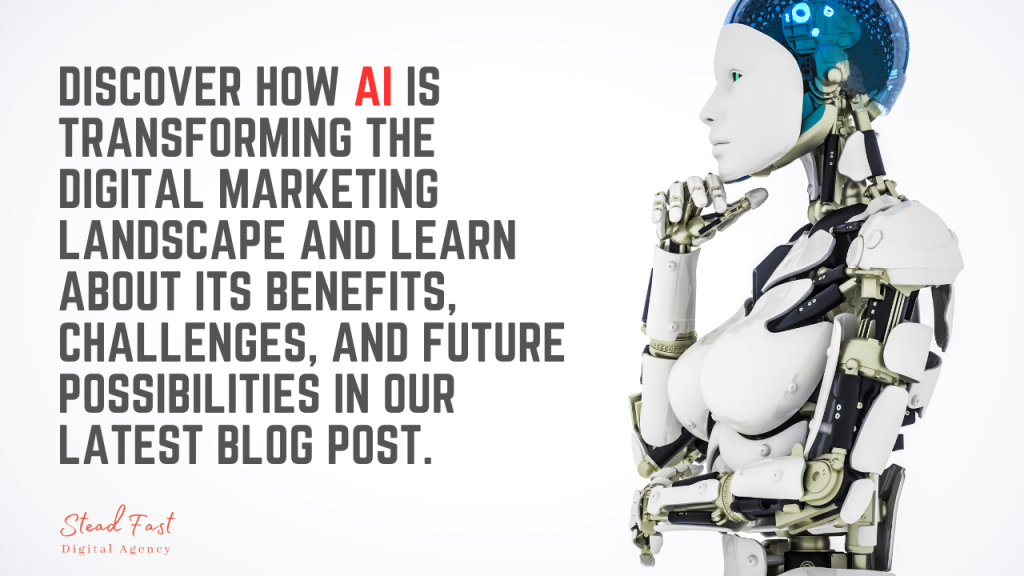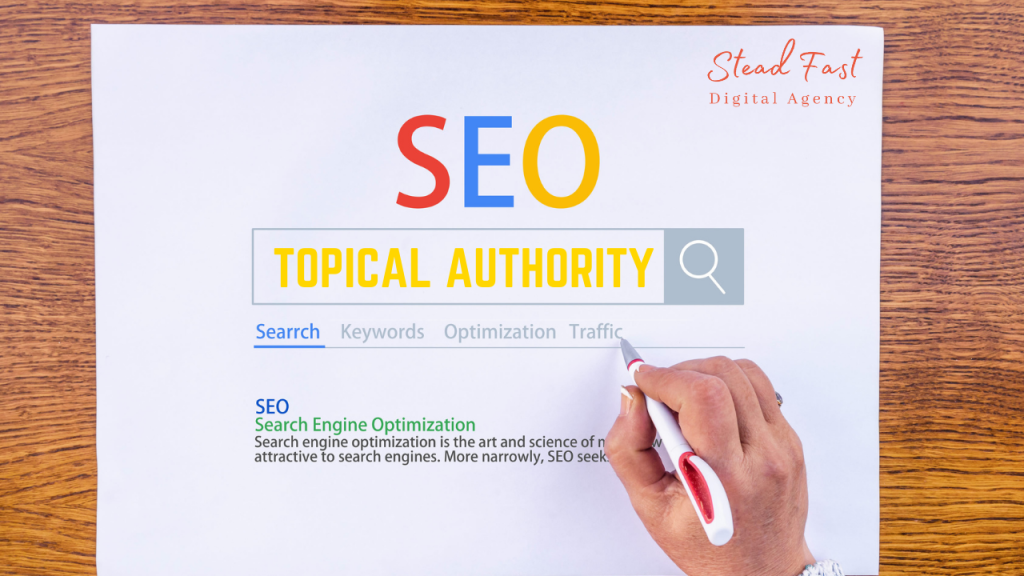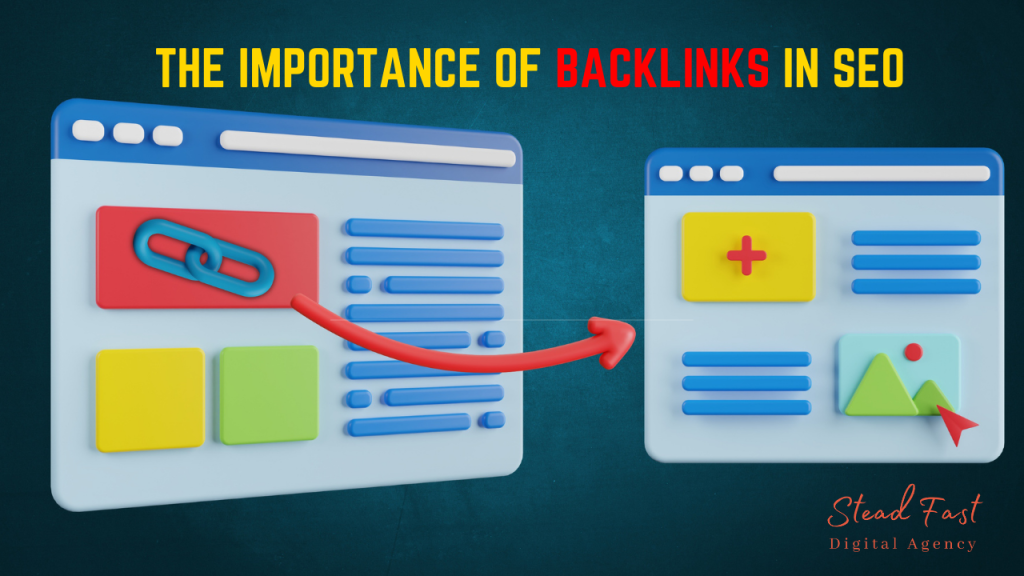Artificial Intelligence (AI) has revolutionized the digital marketing industry. In this article, we will discuss the increasing role of AI in digital marketing, including its benefits, challenges, and future possibilities.
Benefits of AI in Digital Marketing:
1. Personalization:
AI provides a personalized experience by analysing user data such as browsing history, search history, and social media activity. This creates a more meaningful connection with users, leading to higher engagement and conversions.
2. Customer Service:
AI-powered chatbots can answer frequently asked questions, provide support, and guide customers through the buying process. Chatbots are available 24/7, freeing up employees to focus on more complex tasks.
3. Predictive Analytics:
AI can analyse large amounts of data to make predictions about customer behavior. This helps companies make informed decisions about marketing campaigns and product development, identify trends and patterns, and stay ahead of the competition.
4. Marketing Automation:
AI can automate repetitive tasks such as email marketing, social media posting, and ad placement. This saves time and resources and allows companies to focus on more strategic tasks. Marketing automation also allows companies to deliver personalized content at scale.
Challenges of AI in Digital Marketing:
1. Data Quality:
AI requires high-quality data to function effectively. Inaccurate or incomplete data can lead to incorrect predictions or recommendations. Companies need to invest in data collection and management to ensure that AI has access to high-quality data.
2. Lack of Human Touch:
Although AI can provide a personalized experience, it lacks the human touch that some customers may prefer. Therefore, companies need to find a balance between automation and human interaction to provide the best customer experience.
3. Privacy Concerns:
AI requires access to large amounts of data, raising privacy concerns. To maintain customer trust, companies must be transparent about data collection and usage.
4. Technical Expertise:
AI requires technical expertise to implement and maintain. Many companies may not have the necessary resources or expertise to effectively use AI in their marketing campaigns.
Future Possibilities of AI in Digital Marketing:
1. Augmented Reality:
AI-powered augmented reality can provide customers with immersive experiences that showcase products and services. This can help customers make more informed purchasing decisions and increase engagement.
2. Voice Search:
AI can help companies optimize their content for voice search, which is becoming increasingly popular. This includes using natural language and creating content that answers common voice search queries.
3. Hyper-Personalization:
AI can create hyper-personalized experiences by analyzing customer data. This includes personalized product recommendations, content, and offers. Hyper-personalization can increase engagement and conversions by providing customers with relevant content.
4. Predictive Customer Service:
AI can predict customer needs and provide proactive support. This includes identifying potential issues before they arise and providing personalized recommendations to address customer needs.
Conclusion:
AI has become an essential tool in digital marketing. Although there are challenges to implementing AI, the benefits far outweigh the costs. As AI technology continues to advance, the possibilities for digital marketing are endless. Companies that invest in AI now will be better positioned to compete in the future.






